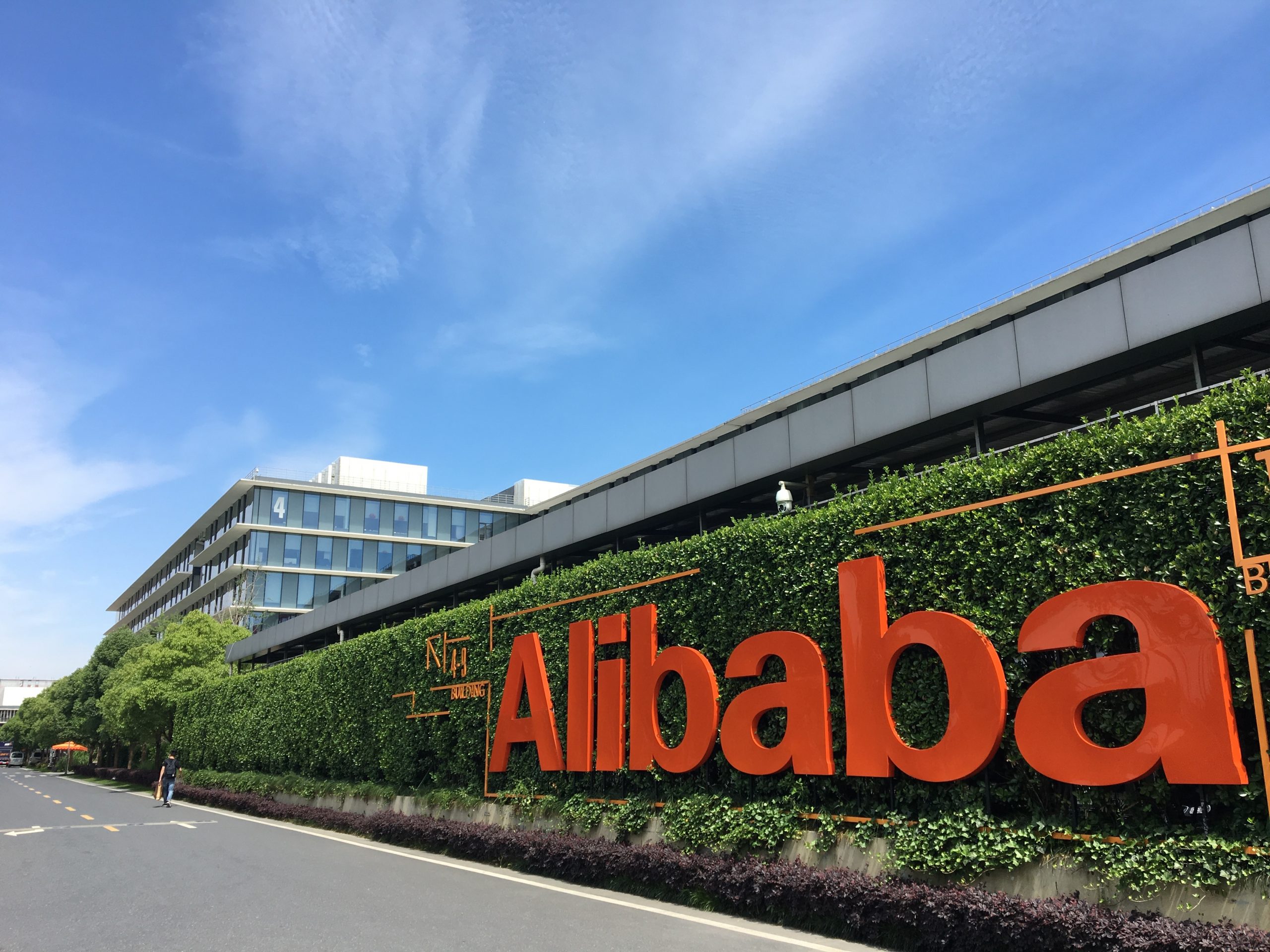Alibaba: The Global E-commerce Giant Revolutionizing Online Shopping
Are you an avid online shopper? Chances are, you’ve heard of Alibaba, one of the world’s largest e-commerce companies. Founded in 1999 by Jack Ma in Hangzhou, China, Alibaba has become a household name, offering a wide range of products and services to consumers around the world.
From humble beginnings as a small start-up, Alibaba has grown to become a behemoth in the e-commerce industry, with a market capitalization of over $500 billion as of 2023. In this article, we’ll explore the history and growth of Alibaba, its various business units, and how it has changed the way we shop online.
The Early Days of Alibaba
Jack Ma, the founder of Alibaba, had a vision of creating a platform that would connect Chinese manufacturers with buyers around the world. He saw the potential of the internet to create a global marketplace and set out to make it a reality. In 1999, Ma launched Alibaba.com, a business-to-business (B2B) platform that allowed small businesses in China to sell their products to buyers around the world.
The platform was an instant success, and within a few years, Alibaba.com had become the world’s largest B2B online marketplace, connecting millions of buyers and suppliers from over 240 countries and regions.
Expanding into New Markets
With the success of Alibaba.com, Jack Ma saw an opportunity to expand into other areas of e-commerce. In 2003, the company launched Taobao, a consumer-to-consumer (C2C) platform that allowed individuals to buy and sell goods online. Taobao quickly became a hit in China, with millions of users buying and selling everything from clothes to electronics.
Alibaba continued to expand its e-commerce empire with the launch of Tmall, an online marketplace for brands and retailers, in 2008. Tmall allowed companies to set up their own online storefronts, giving them a direct channel to Chinese consumers.
The company also made a big push into mobile commerce, launching the Alipay mobile payment platform in 2004. Alipay allowed users to pay for goods and services online using their mobile phones, a game-changing development in the world of e-commerce.
Alibaba Goes Global
With its dominance in the Chinese market, Alibaba set its sights on expanding globally. In 2010, the company launched AliExpress, a global online marketplace that allowed small businesses to sell products to customers around the world.
Alibaba also made a major move into the U.S. market in 2014, with the largest initial public offering (IPO) in history, raising $25 billion. The company’s listing on the New York Stock Exchange marked a major milestone for the Chinese tech industry, and Alibaba became a household name in the U.S.
Today, Alibaba operates a wide range of e-commerce businesses, including Alibaba.com, Taobao, Tmall, and AliExpress. The company also has a stake in several other tech companies, including Ant Group, the world’s largest financial technology (fintech) company.
Alibaba's Impact on E-commerce
Alibaba has revolutionized the way we shop online, making it easier and more convenient than ever before. The company’s platforms have made it possible for small businesses to reach customers around the world, leveling the playing field for entrepreneurs and helping to drive economic growth.
Alibaba’s mobile payment platform, Alipay, has also had a major impact on the e-commerce industry. With the rise of mobile commerce, Alipay has become a crucial tool for online shoppers, making it easy to pay for goods and services on the go.
Alibaba’s expansion into the U.S. market has also been significant, as it has introduced American consumers to a wide range of products and brands from China and other parts of the world. The company’s ability to offer a huge selection of products at competitive prices has made it a go-to destination for online shoppers.
But Alibaba’s impact goes beyond just e-commerce. The company has also been at the forefront of technological innovation, with a focus on artificial intelligence (AI), cloud computing, and big data.
Alibaba Cloud, the company’s cloud computing division, is one of the largest cloud providers in the world, offering a range of services to businesses and organizations. The company’s AI technology is also being used in a variety of applications, from facial recognition to voice assistants.
In addition, Alibaba has been actively involved in promoting sustainability and environmental responsibility. The company has launched several initiatives aimed at reducing carbon emissions and promoting renewable energy, such as its Green Ant Forest program.
The Future of Alibaba
Alibaba’s success shows no signs of slowing down. The company continues to expand its e-commerce empire, with a particular focus on emerging markets in Southeast Asia and Africa.
Alibaba’s recent acquisition of Daraz, a leading e-commerce platform in South Asia, is a major step in this direction. The company is also investing heavily in digital infrastructure and logistics, with the goal of making online shopping faster and more convenient than ever before.
In addition, Alibaba is looking to expand beyond e-commerce and into other areas of business, such as entertainment and healthcare. The company’s acquisition of Youku Tudou, a popular video streaming platform in China, and its partnership with pharmaceutical company Pfizer are just two examples of its diversification strategy.
Labels: Business, Interesting, Technology


0 Comments:
Post a Comment
Subscribe to Post Comments [Atom]
<< Home